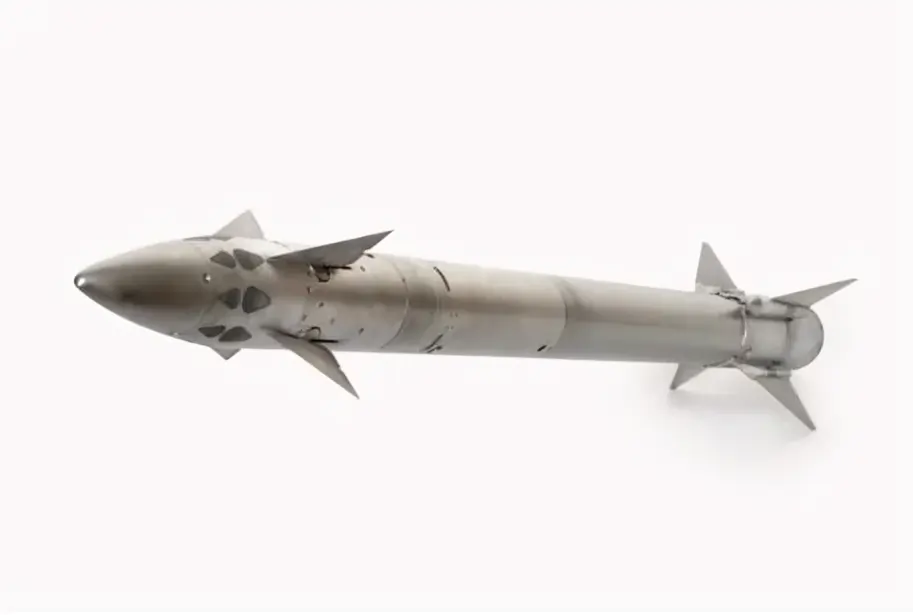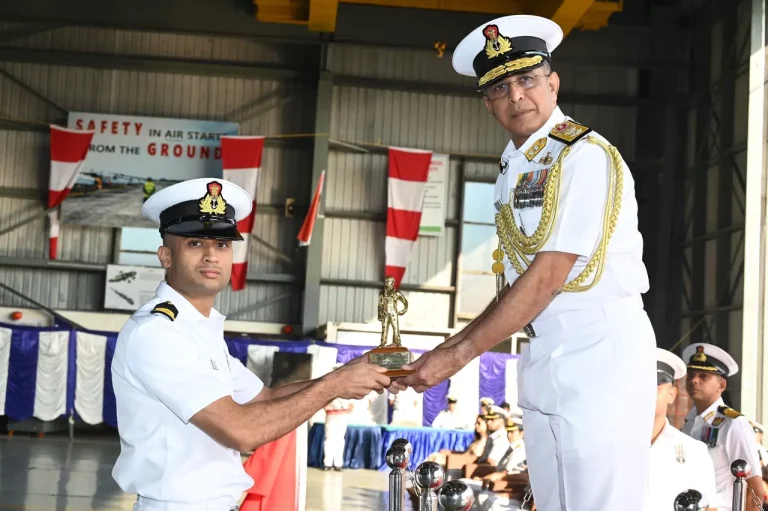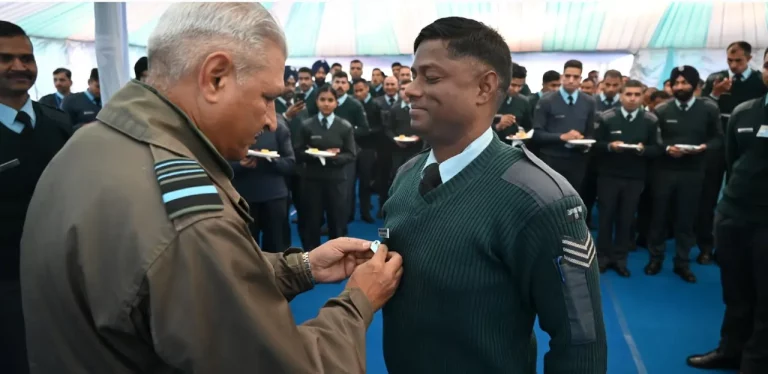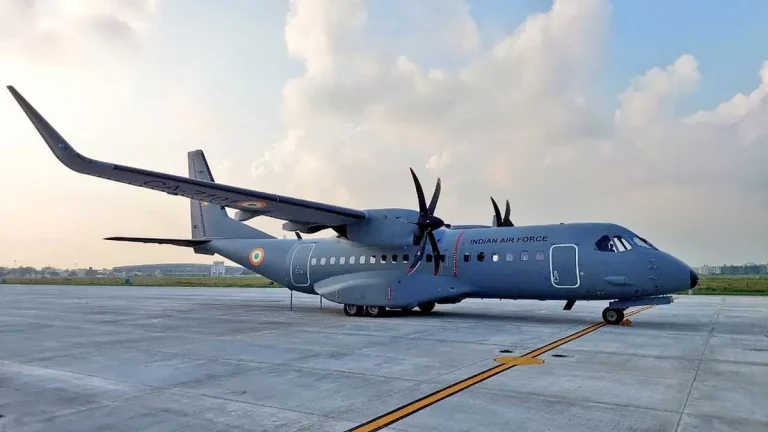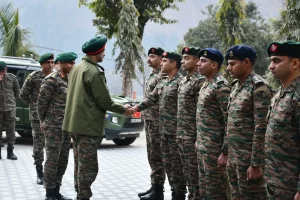In a significant advancement for India-UK defence relations, Britain has formalized a £350 million ($468 million) agreement to supply Lightweight Multirole Missile (LMM) systems, known as Martlets, to the Indian Army. This milestone is part of a broader effort to cultivate a robust complex weapons partnership between the two nations.
The announcement coincided with UK Prime Minister Keir Starmer’s official visit to Mumbai, where he engaged in discussions with Indian Prime Minister Narendra Modi during the Global Fintech Fest 2025 event at the Jio World Centre. Their talks focused on enhancing collaboration in defence, security, and technology, further emphasized by a UK Carrier Strike Group participating in the ongoing Konkan 2025 naval exercise alongside the Indian Navy.
A joint statement following their meeting outlined that this government-to-government agreement will initiate the supply of LMM systems, aimed at bolstering India’s air defence capabilities. The deal is closely aligned with India’s Atmanirbhar Bharat initiative, which emphasizes self-reliance in defence procurement and is anticipated to facilitate lasting collaboration in developing advanced weapon systems.
The manufacturing of the missiles and launchers will take place at Thales Air Defence in Belfast, Northern Ireland, marking a continuation of production for systems currently being supplied to Ukraine. This contract is set to safeguard over 700 skilled jobs in Northern Ireland, contributing to the UK’s defence industry while enhancing its export landscape in Asia.
The UK Ministry of Defence has designated India as a “key strategic partner,” asserting that this agreement paves the way for a more extensive complex weapons partnership that is presently under negotiation between the two governments.
Moreover, the two countries have also established an Implementing Arrangement aimed at improving cooperation on electric-powered propulsion systems for naval vessels, valued at £250 million ($333 million). This strategic partnership intends to promote sustainable naval technologies, thereby reducing future operational costs for Indian warships.
Foreign Secretary Vikram Misri confirmed that both prime ministers assessed the progress on the Defence Industrial Roadmap introduced earlier in July 2025, which promotes collaborative efforts in research, co-development, and co-production of cutting-edge defence technologies.
British Defence Secretary John Healey praised the agreement as emblematic of the strengthening trust and synergy between the two democracies. He remarked, “These deals show how our growing strategic partnership with India will boost UK business and jobs. They will pave the way for deeper collaboration between our defence industries, especially in air defence and electric naval propulsion.”
Prime Minister Starmer reiterated this sentiment, characterizing the agreements as pivotal in cultivating a technologically advanced defence relationship between the UK and India.
The introduction of Lightweight Multirole Missiles, which are compact, laser-guided precision weapons capable of engaging aerial, land, and maritime targets, will enhance the Indian Army’s air defence capabilities, particularly in tactical battlefield situations. Defence analysts interpret the deal as a reflection of a strategic alignment, which not only strengthens India’s military readiness but also allows the UK to expand its influence in the Indo-Pacific security context.
